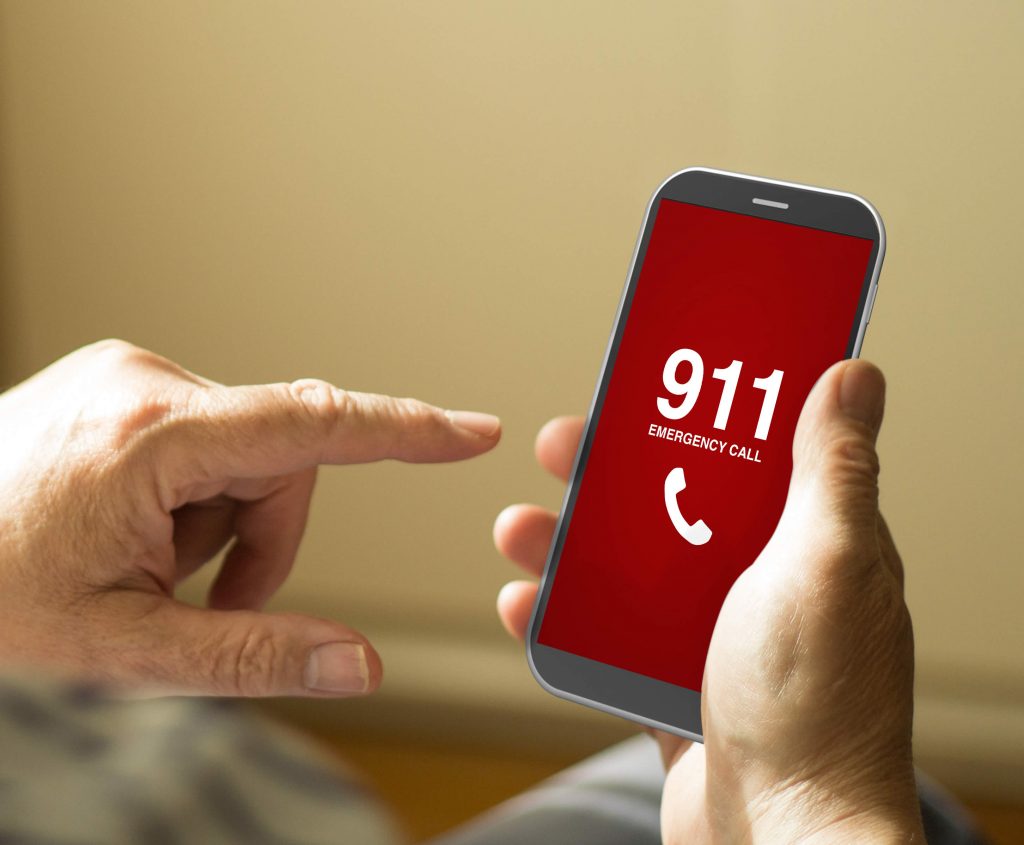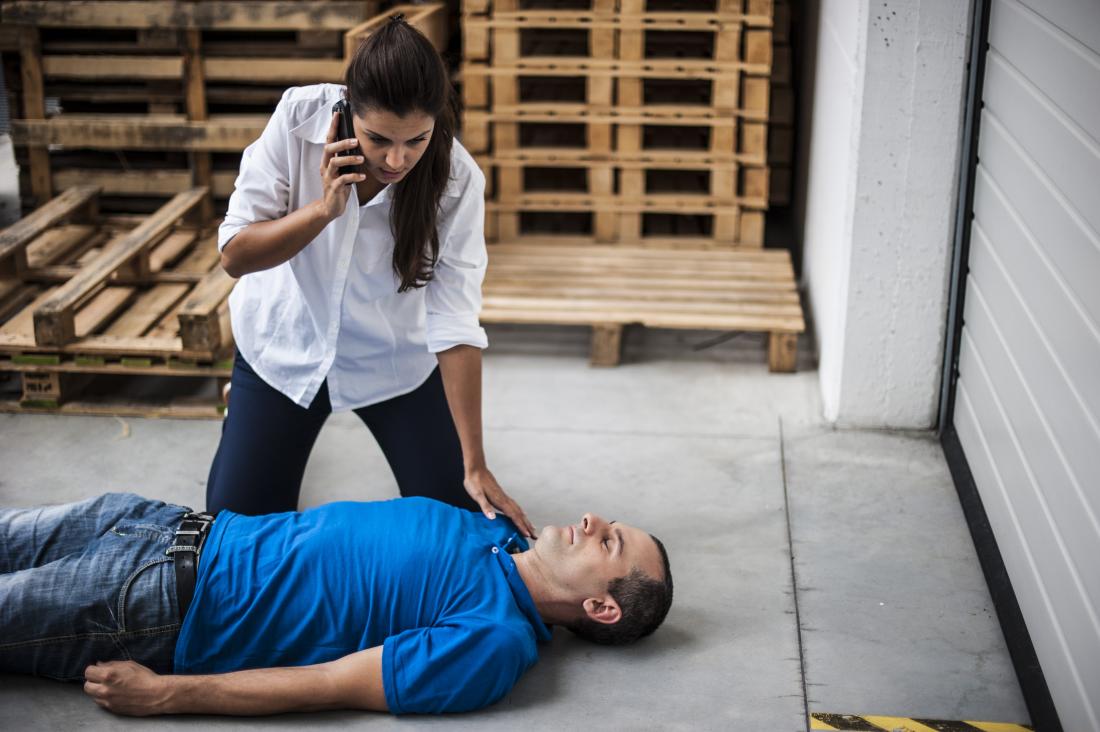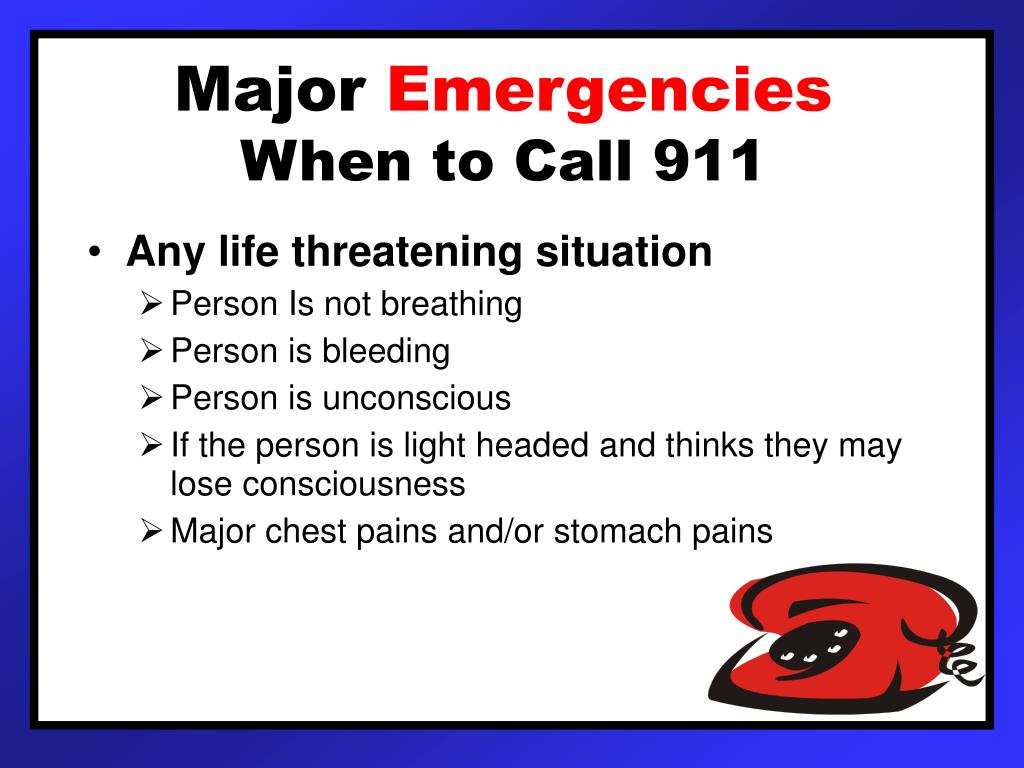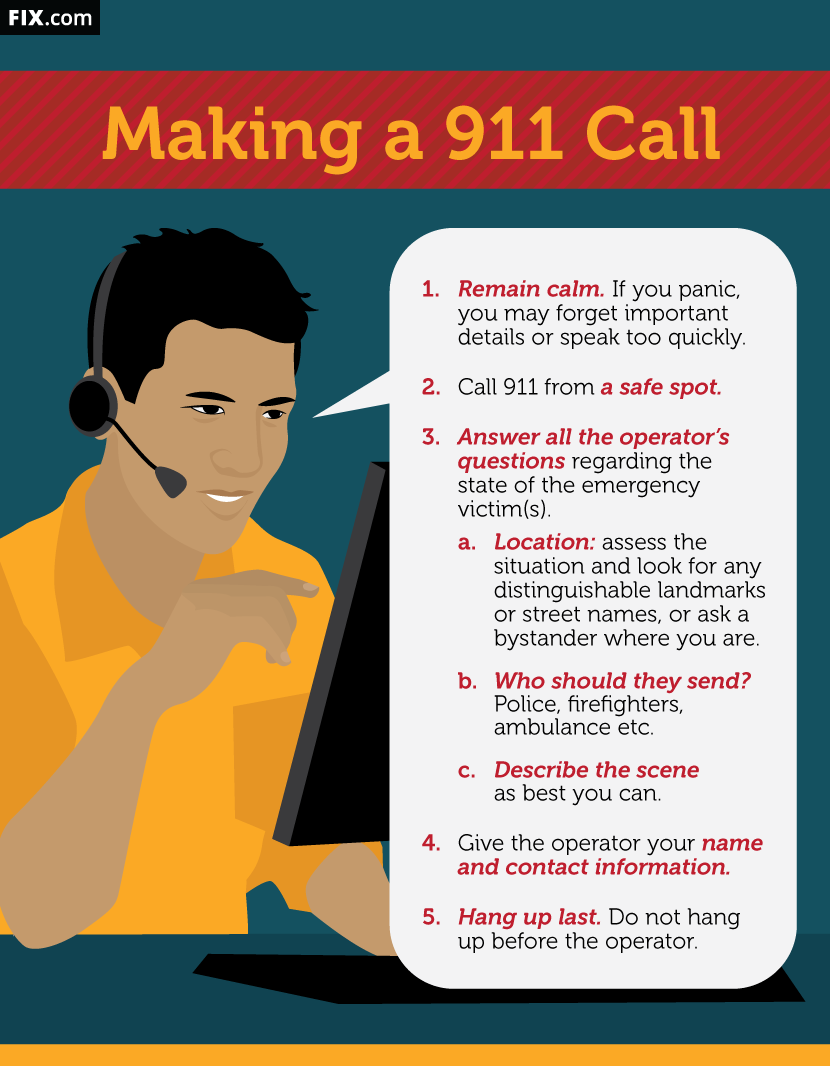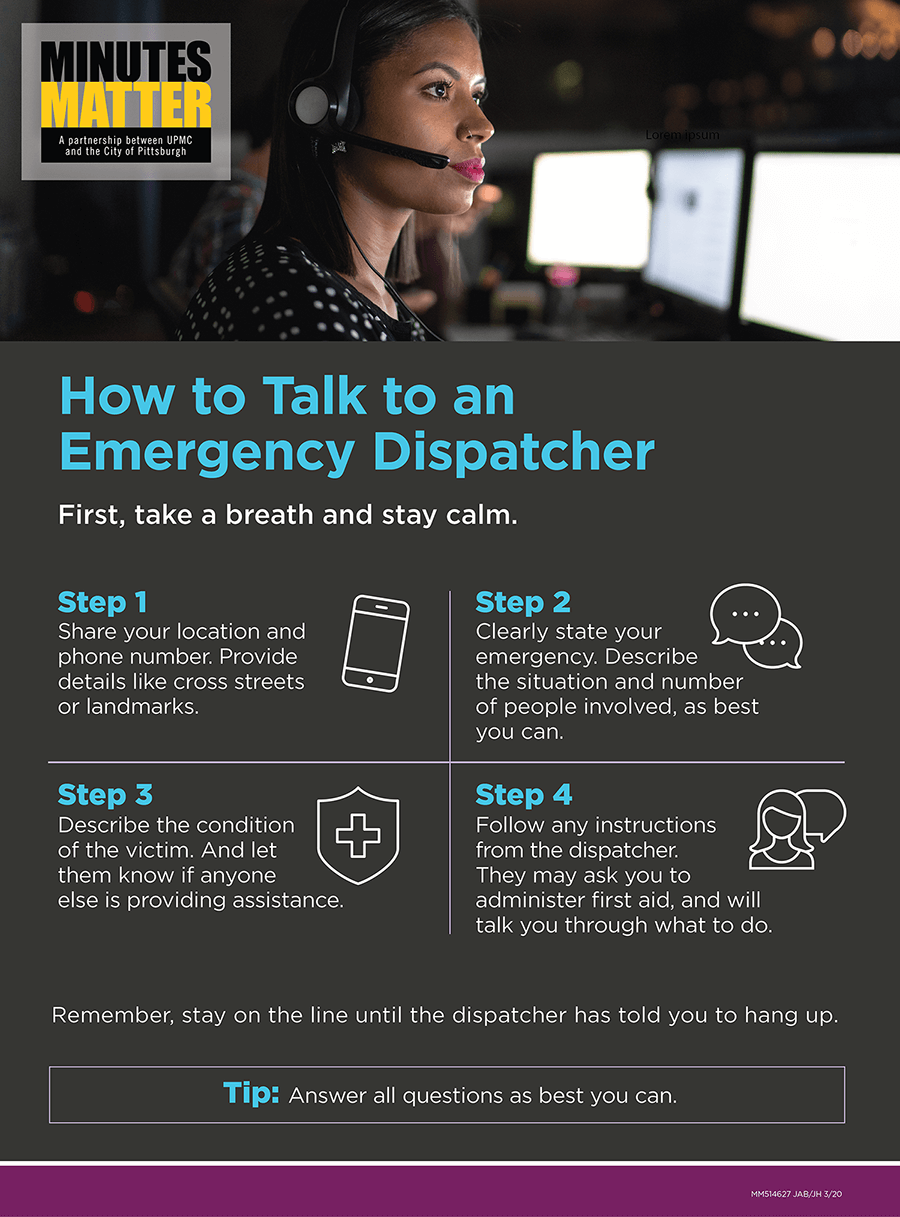Which Situation Always Warrants Calling 911 When Someone Is Injured - The correct answer is c: Moving the person may cause injury. Which situation always warrants calling 911 when someone is injured? In situations where moving a person could exacerbate their injuries,. When not to call 911. Minor illness or injury not requiring immediate assistance, such a cold, flu, chronic pain, broken fingers or toes,. From severe bleeding and injuries to head. The situation that always warrants calling 911 is when you are not sure whether the condition is serious. Match each media portrayal with. Moving the person may cause injury.
Moving the person may cause injury. When not to call 911. In situations where moving a person could exacerbate their injuries,. The situation that always warrants calling 911 is when you are not sure whether the condition is serious. Match each media portrayal with. When faced with an injury, there are certain situations that undoubtedly warrant calling 911. The correct answer is c: Minor illness or injury not requiring immediate assistance, such a cold, flu, chronic pain, broken fingers or toes,. Which situation always warrants calling 911 when someone is injured? From severe bleeding and injuries to head.
Which situation always warrants calling 911 when someone is injured? The situation that always warrants calling 911 is when you are not sure whether the condition is serious. Moving the person may cause injury. Minor illness or injury not requiring immediate assistance, such a cold, flu, chronic pain, broken fingers or toes,. In situations where moving a person could exacerbate their injuries,. Moving the person may cause injury. When faced with an injury, there are certain situations that undoubtedly warrant calling 911. When not to call 911. Match each media portrayal with. From severe bleeding and injuries to head.
How to perform CPR Guidelines, procedure, and ratio
The correct answer is c: Minor illness or injury not requiring immediate assistance, such a cold, flu, chronic pain, broken fingers or toes,. The situation that always warrants calling 911 is when you are not sure whether the condition is serious. In situations where moving a person could exacerbate their injuries,. From severe bleeding and injuries to head.
How to Call 911 11 Steps (with Pictures) wikiHow
When faced with an injury, there are certain situations that undoubtedly warrant calling 911. Which situation always warrants calling 911 when someone is injured? Minor illness or injury not requiring immediate assistance, such a cold, flu, chronic pain, broken fingers or toes,. In situations where moving a person could exacerbate their injuries,. Match each media portrayal with.
When should you call 911? North Palm Beach, FL Official Website
The situation that always warrants calling 911 is when you are not sure whether the condition is serious. When faced with an injury, there are certain situations that undoubtedly warrant calling 911. From severe bleeding and injuries to head. Minor illness or injury not requiring immediate assistance, such a cold, flu, chronic pain, broken fingers or toes,. Moving the person.
6 Steps For Dealing With An Unresponsive Casualties Get Licensed Blog
In situations where moving a person could exacerbate their injuries,. From severe bleeding and injuries to head. Which situation always warrants calling 911 when someone is injured? Moving the person may cause injury. Minor illness or injury not requiring immediate assistance, such a cold, flu, chronic pain, broken fingers or toes,.
PPT First Aid PowerPoint Presentation, free download ID41428
When faced with an injury, there are certain situations that undoubtedly warrant calling 911. Moving the person may cause injury. From severe bleeding and injuries to head. The situation that always warrants calling 911 is when you are not sure whether the condition is serious. Moving the person may cause injury.
How to Stay Safe in an Emergency and Give First Aid
Match each media portrayal with. When not to call 911. When faced with an injury, there are certain situations that undoubtedly warrant calling 911. Moving the person may cause injury. The correct answer is c:
The Do's and Don’ts of Calling a 911 Operator Kova Corp
The situation that always warrants calling 911 is when you are not sure whether the condition is serious. In situations where moving a person could exacerbate their injuries,. Minor illness or injury not requiring immediate assistance, such a cold, flu, chronic pain, broken fingers or toes,. Which situation always warrants calling 911 when someone is injured? Match each media portrayal.
How to Call 911 11 Steps wikiHow
Which situation always warrants calling 911 when someone is injured? Match each media portrayal with. Moving the person may cause injury. Moving the person may cause injury. The situation that always warrants calling 911 is when you are not sure whether the condition is serious.
Effective Communication in Emergency Situations Trustworthy The
Moving the person may cause injury. Which situation always warrants calling 911 when someone is injured? The correct answer is c: Minor illness or injury not requiring immediate assistance, such a cold, flu, chronic pain, broken fingers or toes,. Match each media portrayal with.
SophiaAmira
Match each media portrayal with. When faced with an injury, there are certain situations that undoubtedly warrant calling 911. The correct answer is c: Minor illness or injury not requiring immediate assistance, such a cold, flu, chronic pain, broken fingers or toes,. Which situation always warrants calling 911 when someone is injured?
When Faced With An Injury, There Are Certain Situations That Undoubtedly Warrant Calling 911.
Which situation always warrants calling 911 when someone is injured? Moving the person may cause injury. Match each media portrayal with. The situation that always warrants calling 911 is when you are not sure whether the condition is serious.
From Severe Bleeding And Injuries To Head.
In situations where moving a person could exacerbate their injuries,. When not to call 911. Moving the person may cause injury. Minor illness or injury not requiring immediate assistance, such a cold, flu, chronic pain, broken fingers or toes,.
